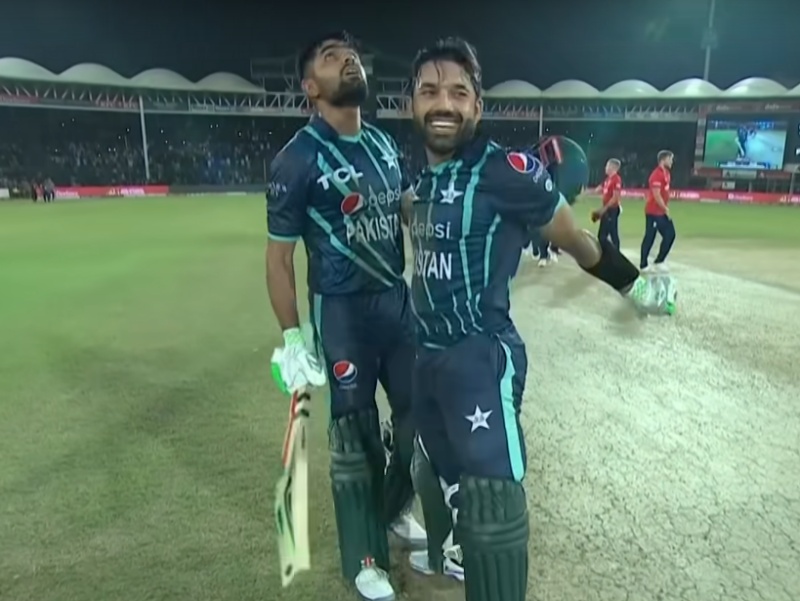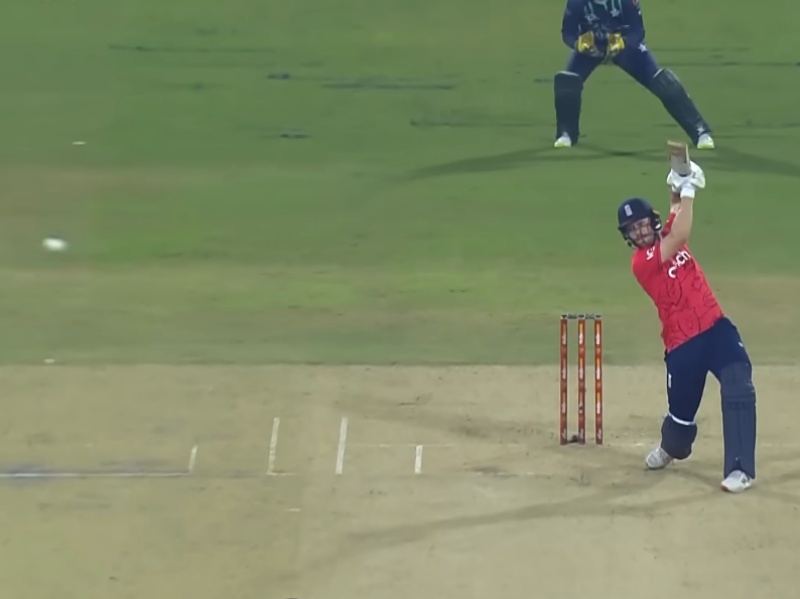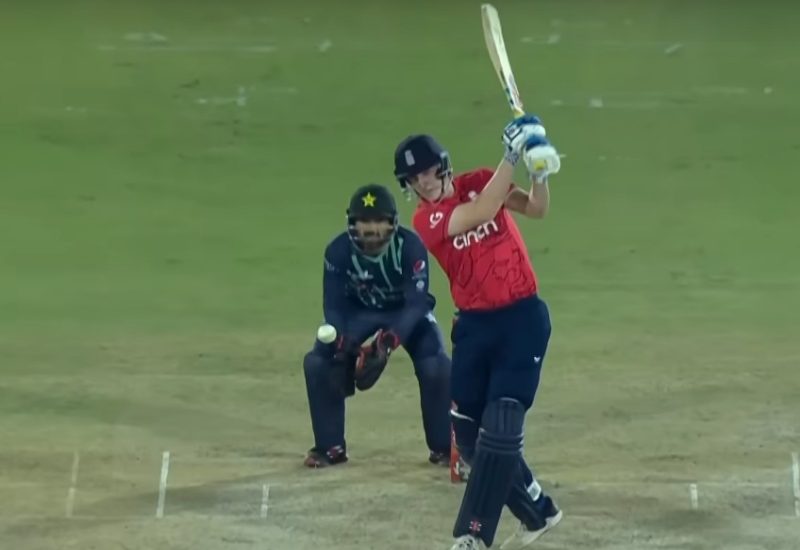A seven-match T20 series wouldn’t ordinarily be an appealing prospect, but the sheer novelty of England playing Pakistan in Pakistan never really wore off.
Does this mean that seven-match limited overs series are a legitimate and appealing thing to schedule? Yes, absolutely. Provided you haven’t toured one of the major nations for 17 years, then knock yourself out. Line up seven matches in the same format and marvel at how public appetite persists throughout.
It was also helpful that Pakistan and England are contrasting but evenly-matched sides and took the series to the final match. Even with a T20 World Cup on the horizon, this series may well prove to have been the short format’s zenith in 2022. T20 World Cups come around every year after all, whereas Pakistan v England in Pakistan is a genuinely rare event. (It last happened mere weeks before this website was launched. We’re actually quite relieved to finally confirm that we aren’t in some way responsible.)
This is how it went.
Game 1: Setting the tone
Looking back, the first match provided a pretty good summary of the series to come. Pakistan’s openers, Mohammad Rizwan and Babar Azam, got off to a fine start, only for the innings to rather fizzle out. This seems to be Pakistan’s T20 ‘thing’. England kept the target just about within sight and got home with four balls to spare.
The key batter was Harry Brook who made 42 not out off 25 balls. He was England’s best player this series really, making 238 runs at 79.33 and scoring at 163 runs per 100 balls. The key bowler this match was Wood – Luke Wood, confusingly. His fantastic 3-24 on debut was unfortunately followed by a much-less-fantastic 0-49 in Game 2. This meant he failed to become England’s pre-eminent left-arm seamer or their pre-eminent Wood.
Game 2: Mohammad Rizwan and Babar Azam v the world

If England shaded the series, Pakistan showed that they have the capacity to beat pretty much anybody in any given match. Moeen Ali’s characteristically ludicrous 55 not out off 23 balls (he loves to feel bat on ball) launched him towards 142 series runs at 160 runs per 100 balls for once dismissed.
Mohammad Rizwan and Babar Azam then took one look at a target of 200 and chased it on their own. If you’re wondering whether that might be an even slightly normal thing to do, then no, it is not. Chasing 200 without losing a wicket is a fully bonkers thing to do.
Game 3: Harry Brook and Mark Wood
Will Jacks was the second England player this series to have a lovely debut followed by a catastrophic second match. He made 40 off 22 balls opening in this match and then a duck in the next game. Ben Duckett’s 70 off 42 balls would ordinarily have looked a pretty tidy contribution, except that Harry Brook made 81 off 35.
Mark Wood then became the second England Wood this series to take 3-24, which rather knackered up Pakistan’s reply. While Haris Rauf was top wicket-taker across the series with eight, Wood took six despite only playing two games and he barely conceded a run.
Game 4: Haris Rauf

England needed 33 off the last 18 balls of their chase, at which point Liam Dawson of all people hit 24 off an over. This left England needing 9 off 12 balls, only for Haris Rauf to renounce the laws of physics and take two wickets. A run out in the final over gave Pakistan the win, which took the series score to 2-2.
Game 5: Mark Wood again
Reasoning that the whole picking Mark Wood thing had worked out pretty well last time they did it, England picked Mark Wood. He took 3-20 and Pakistan were all out for 145 with only Mohammad Rizwan making any real runs. However, England were 31-3 in five overs in reply and a late bombastic fifty from Moeen Ali was not enough.
Game 6: Phil Salt

Phil Salt’s 88 not out off 41 balls was one run and 18 balls better than Babar Azam’s innings to set up England’s target. It also redirected the hard-to-resist narrative that Alex Hales is Jason Roy’s de facto replacement at the top of the order following the latter’s prolonged and ultimately successful attempt to get himself dropped from England’s T20 World Cup squad. Hales certainly has the greater body of work behind him, but the saline wicketkeeper-batter had the better series and probably just about shades it on potential for wordplay too.
Game 7: Pakistan lose openers and will
Dawid Malan (remember him?) did that chunky, solid batting thing he does where he scores faster than you think he can. His 78 not out off 47 balls and Harry Brook’s 46 not out off 29 balls got England to a total big enough that Pakistan felt their openers were going to be their only chance. When those openers made 1 and 4, the series kind of petered out to a 4-3 England win.
Supporters
Jos Buttler went to Pakistan and watched every game, so we suppose he’s in the Barmy Army now.
Follow us on Twitter or sign up for our email. Or do both. You can do both. No reason in the world why you can’t do both.





The opening paragraph sums up my feelings as well, I think. Given that it was a 7 (seven) match T20 series, I was surprised that it held my interest as much as it did. I guess the novelty value of the location helped, as did the ebb and flow as one team took the advantage, only for the other to come back. Almost like, y’know, Proper Cricket.
PS: King. Cricket.
It’s rare you get that kind of to and fro across a whole series and it’s even more rare to play an international series in Pakistan. Throw both in the mix and it’s a momentous thing.
Agree with all that, but it would have seemed even better had it not taken place before the domestic season had concluded.
I got cog. dis. when following the climax of the county championship and the start of the touring season simultaneously. Maybe I’m getting too old for this gig.